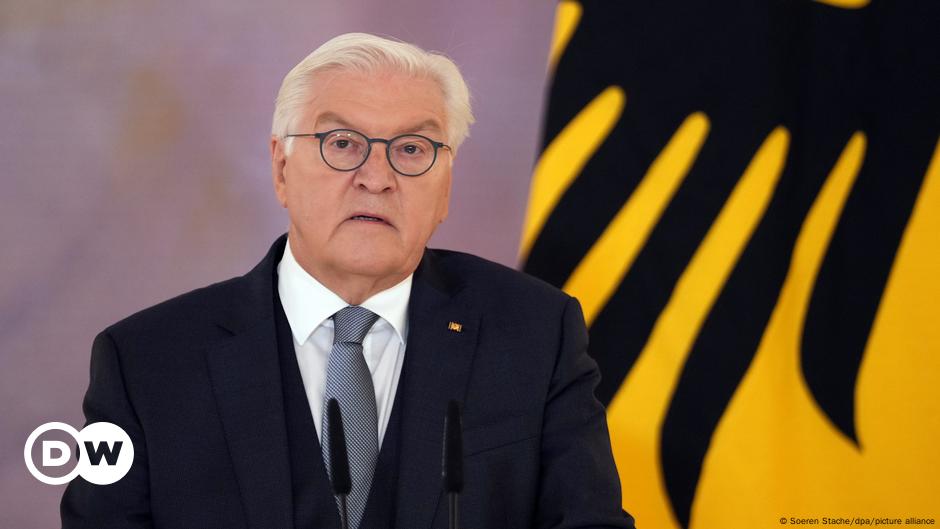Summary
Elon Musk criticized German President Frank-Walter Steinmeier on X, calling him an “anti-democratic tyrant” following Steinmeier’s speech opposing outside interference amid Germany’s political crisis.
Musk, who previously insulted German Chancellor Olaf Scholz, plans a public discussion with far-right AfD leader Alice Weidel, prompting accusations of endorsing far-right politics.
German Vice Chancellor Robert Habeck called Musk’s influence a threat to European democracy and urged action to limit his power.
Musk has also sparked controversy in the UK, aligning with right-wing figures like Nigel Farage and targeting PM Keir Starmer.



Tyrant? ROFL. The president in Germany is largely representative - no real power.
Yeah, you have to be really interested in German politics too ever hear anything about or from him, even living in Germany😅 Not exactly tyrant type stuff
I’m not German, but isn’t the most powerful office that of the chancellor?
For decades the only German politician you’d hear about in the media was Merkel and last I recall, she wasn’t the president…
The Chancellor (now Scholz and before that Merkel) are the heads of government and are, in practice, more influential. Technically the president (“Bundespräsident”), which is the head of state, stands above the Chancellor and so does the president of parliament (“Bundestagspräsident”). But this is mostly a ceremonial hierarchy and while the president has to “check” laws and sign them to take effect, this is basically always happening. In general the president is mostly a ceremonial position.
You hear a lot more about the chancellor, because as head of government, they are the only ones actually involved in creating/changing laws (of the positions mentioned).
Edit: If my research is correct, it only happened 8 times since 1949 that a president did not sign a law that was accepted by parliament and the last time was 2006. So it really is a pretty rare occurrence.
I think that’s roughly the same here in Estonia, except we call our head of gvt prime minister.
The “checking laws” thing is actually not mentioned in the constitution but the argument is that the president is a constitutional organ, and it cannot be expected from a constitutional organ to sign an unconstitutional law when another constitutional organ puts it on their desk. Just as you can’t expect a notary to notarise an unconscionable contract.
Parliament is free to sue when that happens, and the constitutional court will decide, not the president, if the court says the law is fine the president has to sign.
In Germany everyone can bring any law affecting them before the constitutional court to have it checked, the president’s implicit right is similar but they can do it even if not personally affected, and before it comes into force.
The most powerful institution is the constitutional court, the buck stops with them. Chancellor heads the governing and thus does a lot, President is the notary of the state, first diplomat, and also high priest. Meaning responsible for non-partisan speeches emphasising common values, ceremony, and sprinklings of wisdom.